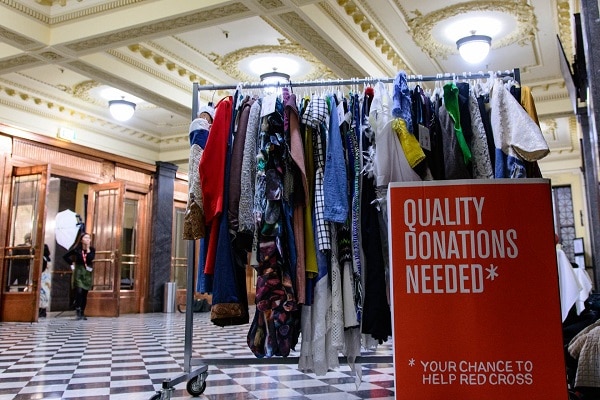For many new migrants to Australia, the idea of buying second-hand clothing might be a confusing one. After all, buying new clothes for occasions is rooted in our culture and most of our parents have raised an eyebrow at the idea of second-hand clothing. But second-hand doesn’t have to mean second best.
In Australia, there are plenty of stores selling fashionable, pre-loved clothes at great prices and more importantly, helping to reduce the impact of fast fashion. Clothes bought here contribute to charity and reduce the number of items piling up in our landfills. So why not embrace this green wave?
These are some of the biggest op-shop chains to explore:
-
Vinnies
-
Red Cross
-
Salvos
-
Noffs
-
Lifeline
-
Save the Children
-
Anglicare
International students and young people will particularly love the bargain prices (like vintage dresses for $8!) and unique styles one can find in these stores. But the best part is, op-shops aren’t only about clothes. You can also find shoes, jewellery, furniture, books, and even kitchenware.
READ ALSO: From veggie gardening to op-shopping, migrants are the quiet environmentalists

Tips for op-shopping
- When embracing the spirit of sustainability by buying second-hand, don’t forget to carry your own bags!
- In fact, we recommend planning ahead so that you can take any old items you’d like to donate to the store and walk away with new items for your closet.
- Despite their best efforts to provide high quality items, some items with tears or stains might fall through the cracks. Before taking your purchases to the counter, give them a proper once-over to make sure you’re happy with the fit and quality.
- Don’t assume items will still be there when you visit again! There’s quite a turnover at op-shops so if you find something you really love that meets your budget and other criteria, we recommend taking the plunge.
- Consider op-shopping mid-week for interesting new finds. Most donations arrive over the weekend, so Mondays and Tuesday are often the store volunteers’ first chance to begin putting them on the rack.
READ ALSO: Australia loves its coffee – but can we love our environment too?




